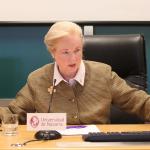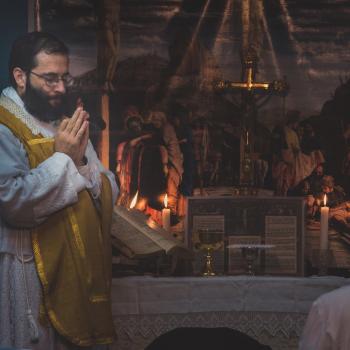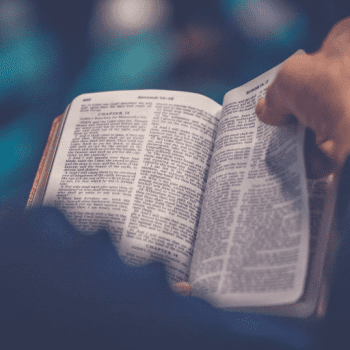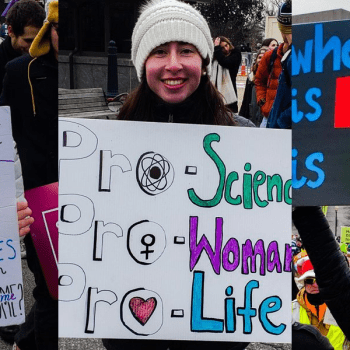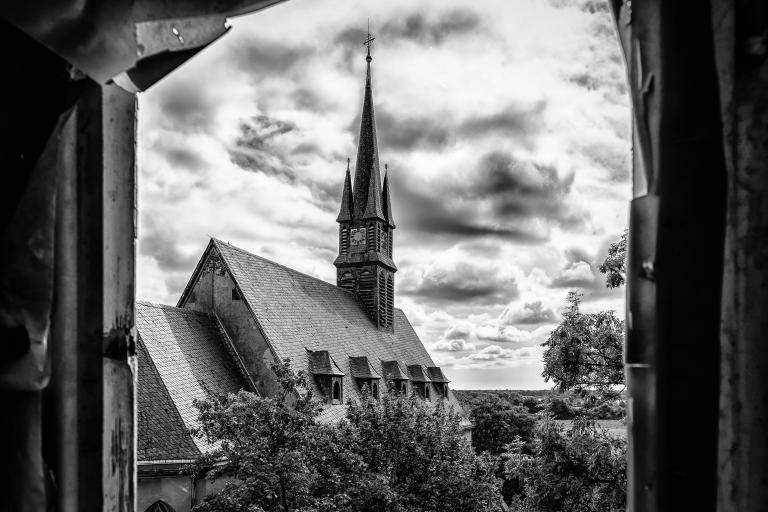
Some dioceses are facing a serious issue with reductions in clergy and parishes. Take this recent report on Pittsburgh:
The Catholic Diocese of Pittsburgh counts 632,138 people as members of its fold, though less than a quarter of those congregants attend Mass weekly. Half of the diocese’s 188 parishes are running operating deficits. And the diocese anticipates the number of active diocesan priests to drop 50 percent within seven years, to 112.
The same article outlines the history:
[Under] Bishop Donald Wuerl, the diocese reduced its parishes from 323 to about 225 in the 1990s.
And points out Bishop Zubik’s plan:
The Catholic Diocese of Pittsburgh announced on Saturday, April 28, how its 188 parishes would be grouped into 57 new, multisite parishes. The diocese had originally proposed there would be 48 groupings. The diocese also shared which priests and deacons would be assigned to the new groupings. According to the diocese press release, the groupings are expected to merge into new parishes between 2020 and 2023.
I don’t think this is an end and I don’t think we should save every parish. Some parish closures come from demographic factors like Catholics moving to the suburbs, ethnic parish attendance dropping, and the population decline of the rust belt. Instead, I think we need to look forward like the Vicar General of Pittsburgh: “The church is not a museum. We’re not here to preserve something that we have from the past, because that’s static. We have to be active.” This attitude lets us look forward with hope.
The Common Factor
Nonetheless, when we look at the factors causing parish decline, they point back to a common theme. Fortunately, we can change the course of parish closing by changing this. Let’s examine 5 causes.
1. Part of the problem is a lack of formation or training of the next generation. People often lament that the younger generation doesn’t KNOW their faith, but the bigger problem is they don’t LIVE it: do we teach discipleship (both prayer & ministry/service) to young people?
2. Clergy shortages are also an issue. Prayer & vocation promotion might help reverse this, but discipleship is the biggest engine for vocations. I was the sacristan at the State University when I heard my call & the vast majority of priests I’ve met were already involved as apostles when called.
3. People might argue for a lack of Sunday Mass attendance as a driving force but this goes back to forming disciples or apostles because if Sunday Mass is just a minimalist obligation, then it is far less likely to pass on generation to generation.
4. Archbishop Chaput notes a related problem in Strangers in a Strange Land: “If ‘Father’ is responsible for everything & if ‘Father’ has some kind of unique & reserve access to holiness, then ‘Father’ is to also blamable for everything – & everyone else is off the hook in terms of his or her obligations of discipleship”
5. We talk about the New Evangelization but what we most need for the New Evangelization to happen are individual Catholics engaged and commited enough to make this happen. This again points back to helping people becoem apostles or disciples.
What Can We Change
So, in summary, beyond inevitable or demographic changes, the main thing we need to do to reverse parish-closings is to really help EVERY Catholic realize their BAPTISMAL COMMITMENT to be ACTIVE APOSTLES at the service of the Church.
There are many different ways this can happen from parish-centered models like Rebuilt and Divine Renovation; to course-centered ideas like Forming Intentional Disciples; to vocation-centered models like 3rd orders and lay movements (personally I’m involved with the lay movement Regnum Christi). I think all these provide part of the picture and working together, they renew the Church. This is not a point to lose hope but something each of us can help do to help the Church in the US grow once again. If we form apostles, we can reverse parish closings.

